The MCC World Cricket committee (WCC) met recently via Conference Call. It was the first meeting of 2021, following the postponement of the physical meetings which were planned for 2020.
The key discussion points of the meeting were as follows:
Short-pitched bowling
The committee heard that MCC is to embark on a global consultation on whether the Law relating to short-pitched deliveries is fit for the modern game.
As Guardian of the Laws of the game, it is MCC’s duty to ensure that the Laws are applied in a safe manner, a viewpoint consistent across all sports. With research into concussion in sport having increased significantly in recent years, it is appropriate that MCC continues to monitor the Laws on short-pitched bowling, as it does with all other Laws.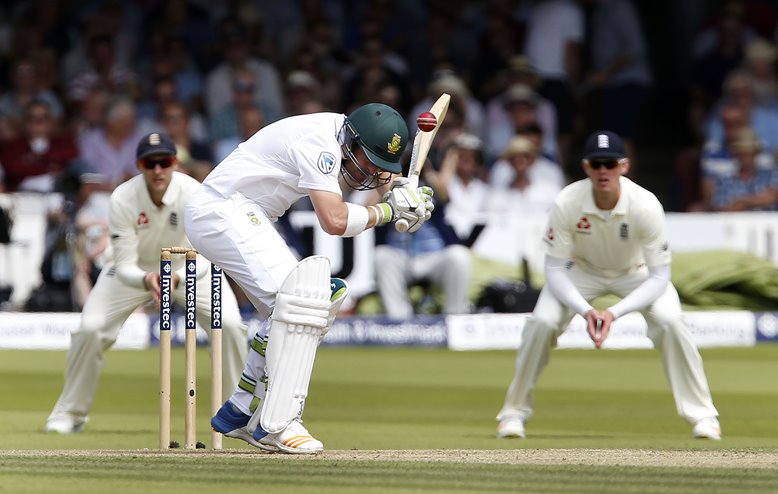
There are important aspects to consider in the consultation, namely the balance between bat and ball; whether or not concussion should be recognised as a different injury to any other sustained; changes which are specific to particular sectors of the game - e.g. junior cricket; and whether or not lower-order batsmen should be given further protection than the Laws currently allow.
It is commonplace for the Club to launch consultation processes with various groups before changing Laws. For the major re-draft of the Laws, published in 2017, MCC consulted with various national governing bodies to gain feedback from all levels of the game.
The committee discussed the Law and were unanimous that short-pitched bowling is a core part of the game, particularly at the elite level. There was also discussion on other aspects of the game at all levels which may mitigate the risk of injury. They agreed to provide feedback during the consultation, which will begin with a survey that is due to be distributed in March 2021 to the specific groups identified to partake in the exercise.
Data is to be collected from these stakeholders by the end of June 2021, after which the results will be debated by various committees and sub-committees within the Club as mentioned above, as well as the International Cricket Council (ICC), during the latter half of the year.
The final proposal and recommendations, whether for a change of Law or not, will be decided by the MCC Committee in December 2021, with any decision to be publicised in early 2022.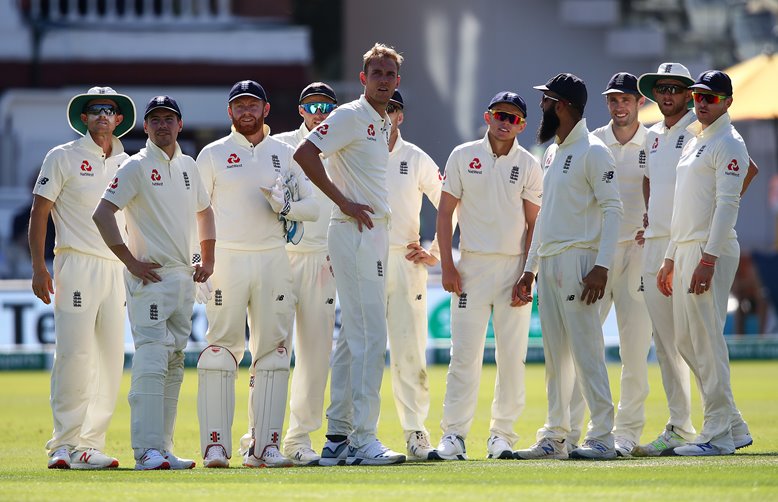
Decision Review System (DRS)
The committee debated the use of ‘Umpire’s Call’ for LBW decisions made via the Decision Review System, which some members felt was confusing to the watching public, particularly when the same ball could either be Out or Not out depending on the on-field umpire’s original decision. They felt it would be simpler if the original decision was disregarded on review, and that there was a simple Out or Not out, with no Umpire’s Call.
The ‘hitting zone’ of the stumps would still be retained, which had to be hit by at least 50% of the ball for an Out decision. If such a protocol was introduced, they felt it should also include a reduction to one unsuccessful review per team, or for the relevant review to be lost irrespective of its outcome.
Other members were satisfied with the current system, feeling that it was important to retain the human element of the on-field umpire’s decision, which takes into account the ‘benefit of the doubt’ that has existed in umpires’ decisions for many years. They felt that supporters did understand the concept of ‘Umpire’s Call’.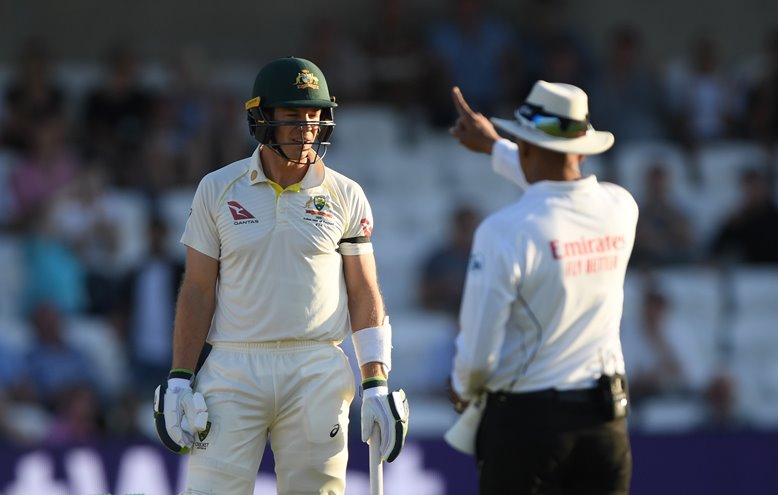 MCC will share the various opinions with the ICC Cricket Committee.
MCC will share the various opinions with the ICC Cricket Committee.
On the Decision Review System more widely, the committee felt that ICC should provide the same technology for all international cricket, rather than relying on the host broadcasters’ own agreements. It also felt that the TV umpire should look at replays from a neutral perspective, rather than trying to see if there is evidence to overturn the on-field decision.
The committee felt that the soft-signal system worked well for catches within the 30-yard fielding circle, but that catches near the boundary often left the umpires unsighted. It was proposed that, for such catches, the on-field umpires could give an ‘unsighted’ instruction to the TV umpire, rather than the more explicit soft-signal of Out or Not out.
Applying saliva on the ball
Prior to the start of the England v West Indies Test series in 2020, there were interim changes made to the ICC’s playing regulations, including the ban on applying saliva to the ball, in light of Covid-19.
As Guardian of the Laws of the game, MCC assisted with the writing of the ICC’s playing regulation and supported the recommendation. Similar regulations were also written for domestic and recreational cricket.
Since the regulations were introduced, the committee has been closely monitoring the application of only sweat on the ball in relation to the balance of the game. There were some fears raised initially that prohibiting the use of saliva may make conditions too friendly to batsmen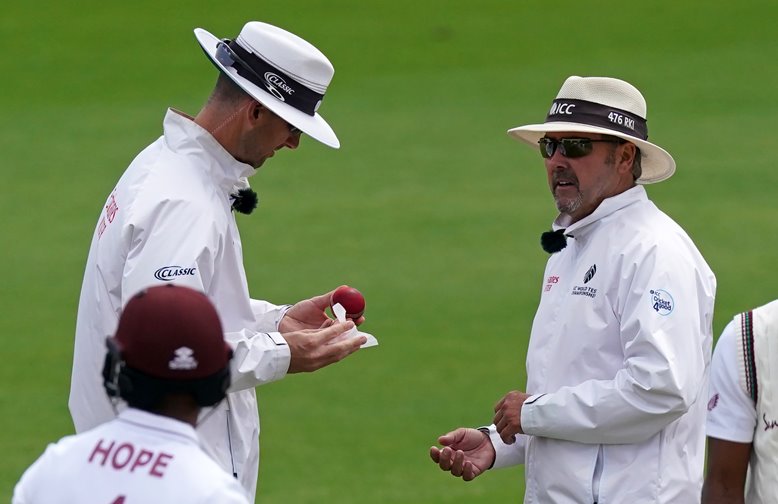
The committee debated prohibiting the use of saliva on the ball on a permanent basis and whilst there was a significant level of support for such a recommendation, some members felt that eliminating the use of saliva on a permanent basis is premature, and that it may be possible to allow its use once again in a post-Covid world.
Whilst proposing that the ICC playing regulation remains in place for the immediate future, the committee will continue to monitor the impact of the no-saliva regulation, and will also seek the view of current players before deciding whether or not proposing a change of Law would be appropriate at a later stage.
Such a Law change would have the dual benefit of being more hygienic whilst also eliminating the grey area of players using sweets and chewing gum to make their saliva more sugary.
The future of the ICC World Test Championship
The committee is pleased to see the advent of the ICC World Test Championship, following its backing of such a tournament over a number of years, and remains supportive as the Championship reaches its first final later this year.
The attention now turns to the second cycle in the tournament, which is due to run between 2021 and 2023, and the committee discussed what improvements could be made during the next three years of World Test Championship matches.
The committee spoke about various possible enhancements which could be made, and these will be formalised and submitted to the ICC at their cricket committee meeting next month. Some of the broader suggestions include a more simplified points system, a clear window in the Future Tours Programme for matches to take place, and the marketing of the tournament to make it easier for supporters to understand.
These developments would give further context to the fixtures that take place around the world throughout the second cycle.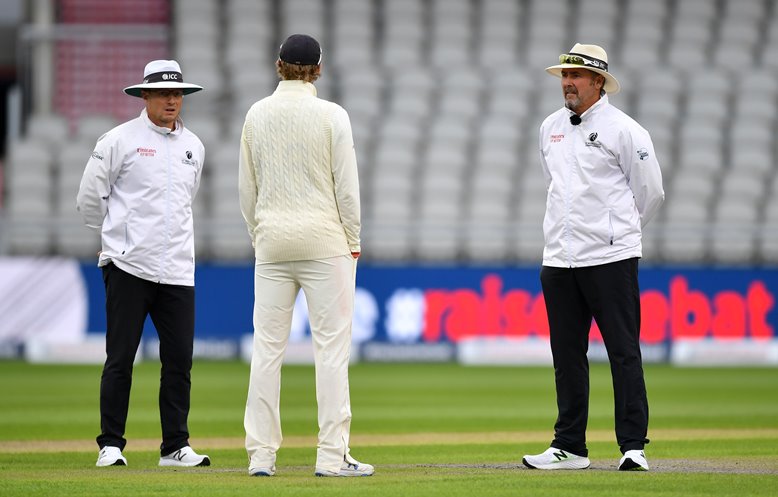 The use of host-country umpires in Test cricket
The use of host-country umpires in Test cricket
A consequence of the pandemic has been the use of host-country umpires in Test cricket, with each team being given an extra review per innings. So far, the quality of the umpiring has appeared to be of a good standard, with very few, if any, accusations of bias, as well as the presence of DRS to correct any mistakes.
With it being an opportune time to revisit the change, the committee recommended the further utilisation of host-country umpires in international cricket. It would not only save a lot of unnecessary travel and expense to the game, but it was also felt that it was a boost to host-country umpires to be able to officiate in their home country, and that the best umpires should be able to officiate anywhere in the world.
Whilst the move away from a necessity for neutral umpires was suggested, it was also recommended that a balance could be struck – such as using one host-country umpire and one neutral umpire as the on-field officials. This would ensure that umpires still had the opportunity to officiate away from their home country, improving their skills in the process. The neutrality of the TV umpire and match referee was also deemed important.
The TV umpire’s role has come under added scrutiny, with some suggestions that specialist TV umpires could be used at a central location for all matches, rather than being based at the ground. Such systems are in place for English Premier League football, and in the USA for NFL and basketball. The committee would support exploring the viability of this further.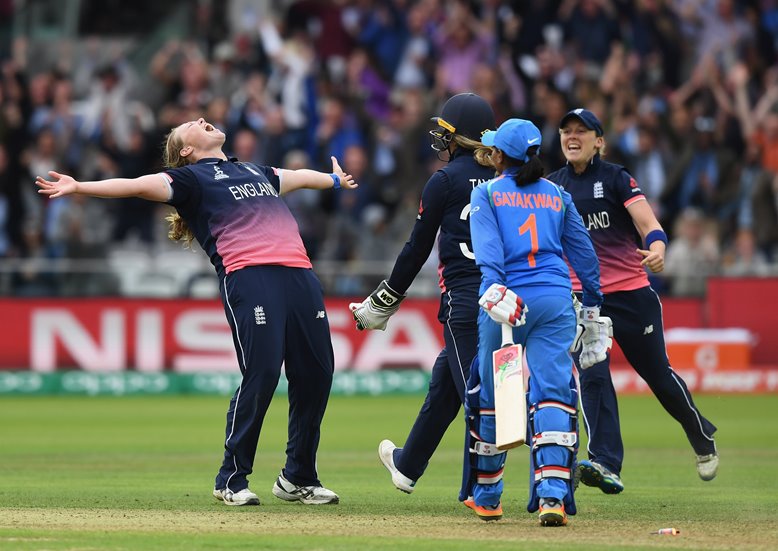
Women’s cricket
The committee heard that a disproportionately lower amount of international women’s cricket has been played since the pandemic began, in comparison to the men’s game.
There are a number of countries that are yet to play any international cricket at all since the outbreak of Covid-19, and concerns were raised that some countries could not afford to play when considering the increased costs of both staging matches and touring, and factoring the inconvenience of lengthy quarantine periods.
The committee agreed to discuss the future of women’s cricket in more detail at the next meeting, by which time the World Cup qualifying matches are due to have taken place for the postponed tournament which will take place in March and April 2022. The committee is very keen to see women’s cricket grow and thrive across the globe.
The full list of committee members is as follows:
Mike Gatting - Chairman
John Stephenson – MCC Assistant Secretary (Cricket)
Suzie Bates
Sir Alastair Cook
Kumar Dharmasena
Sourav Ganguly
Tim May
Brendon McCullum
Ricky Ponting
Ramiz Raja
Kumar Sangakkara
Ricky Skerritt
Vince van der Bijl
Shane Warne
The next MCC World Cricket committee meeting is due to take place at Lord’s in August 2021 ahead of the England v India LV= Insurance Test Match.